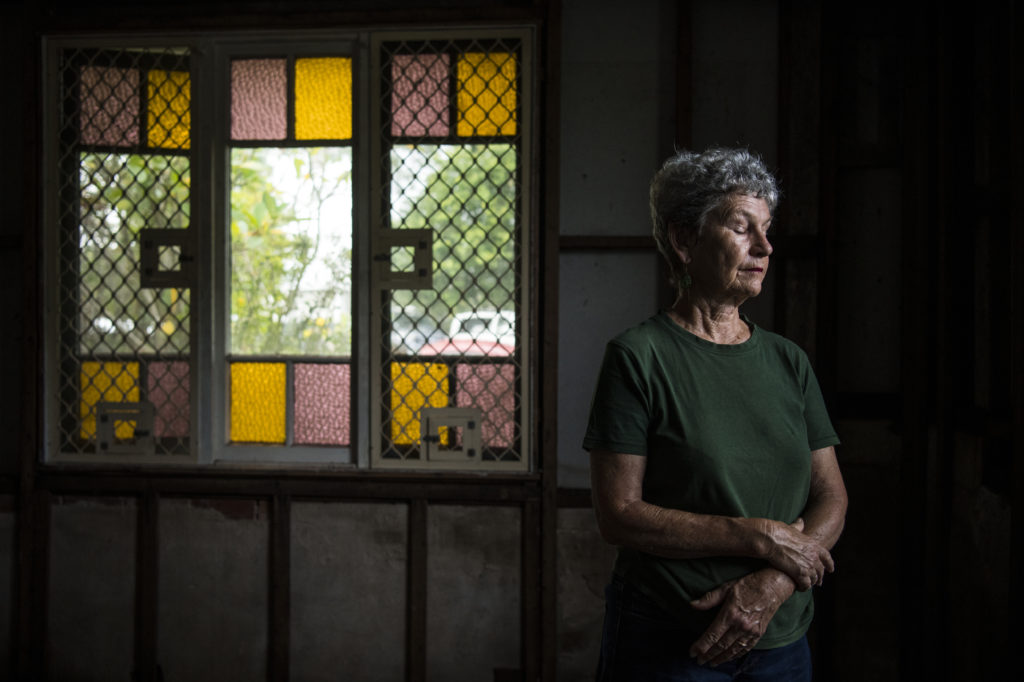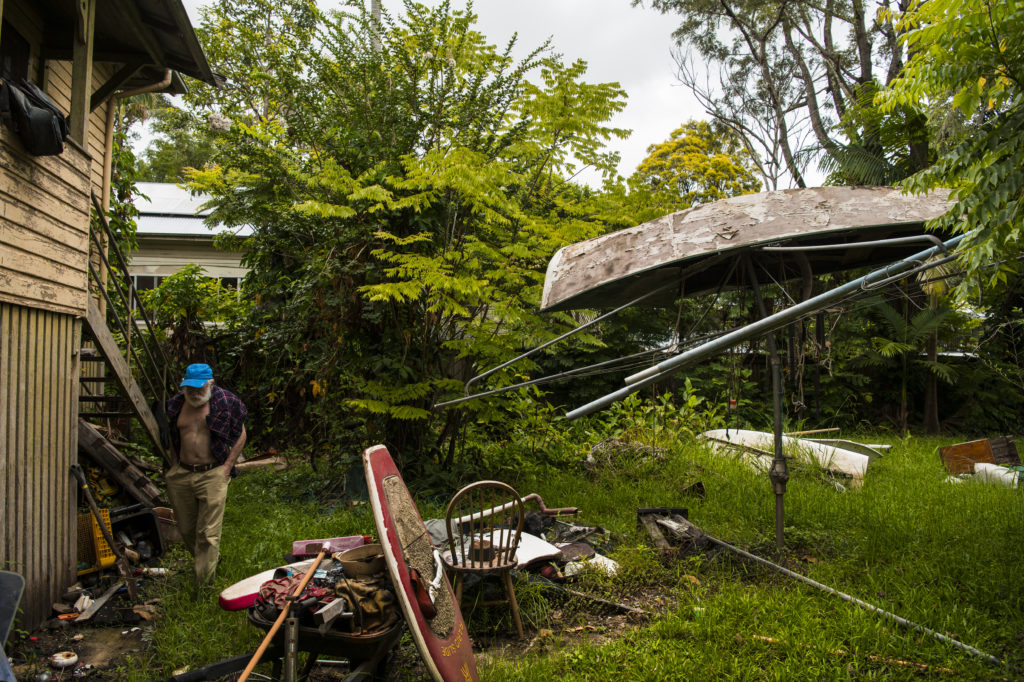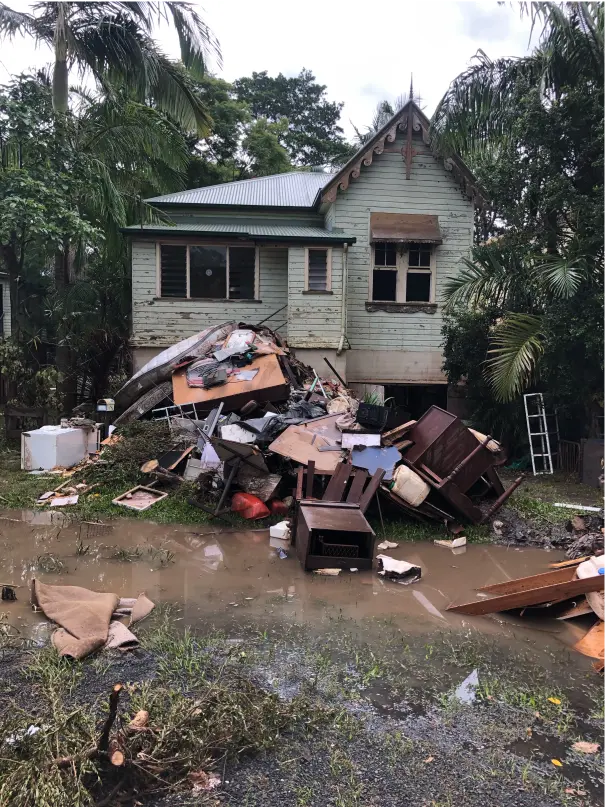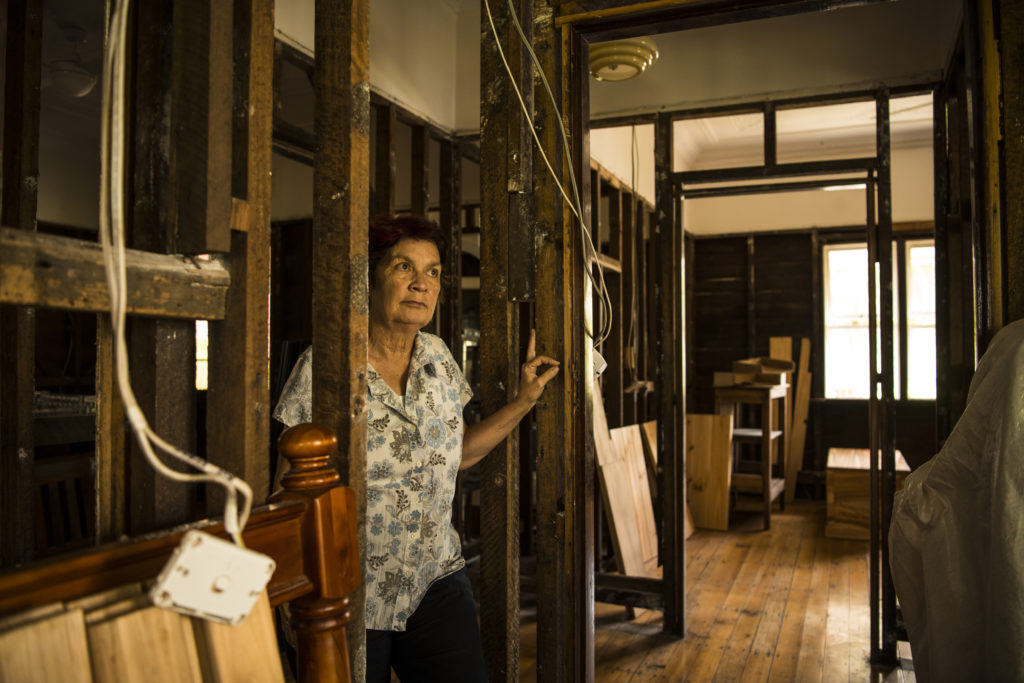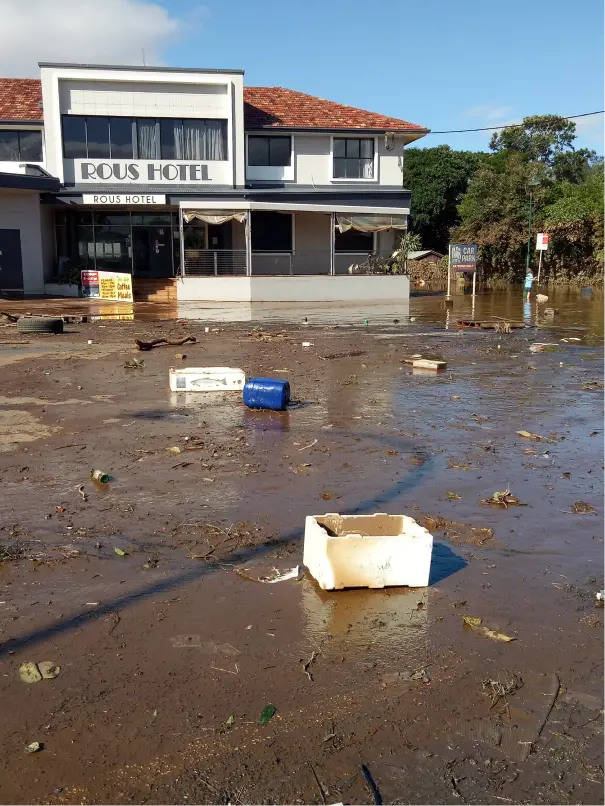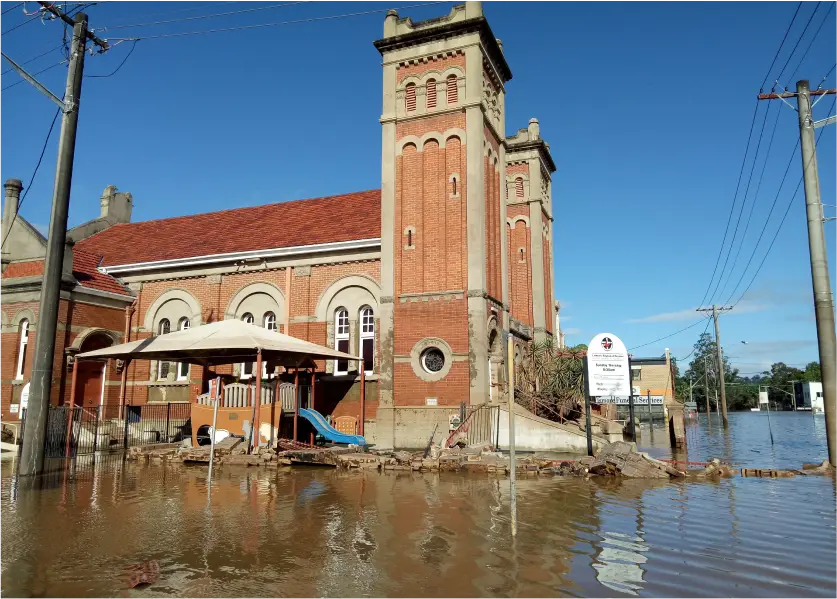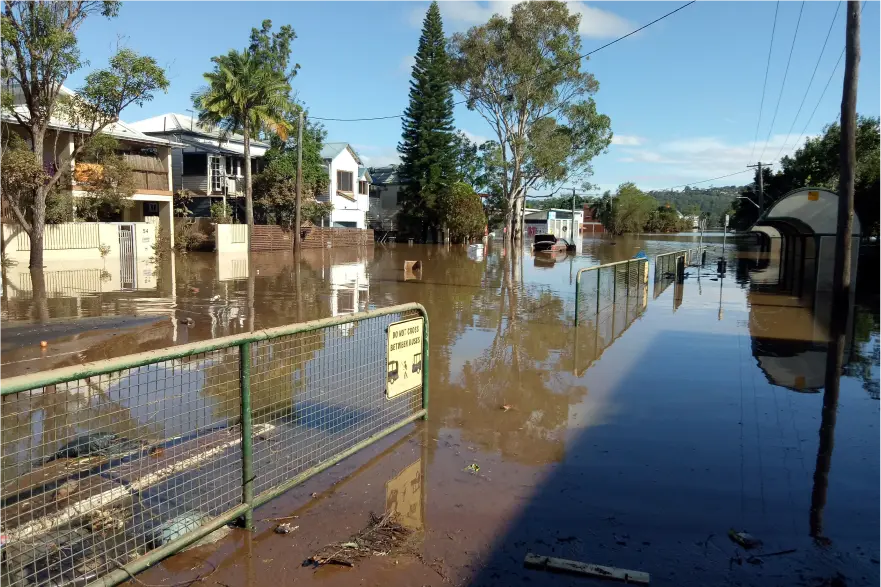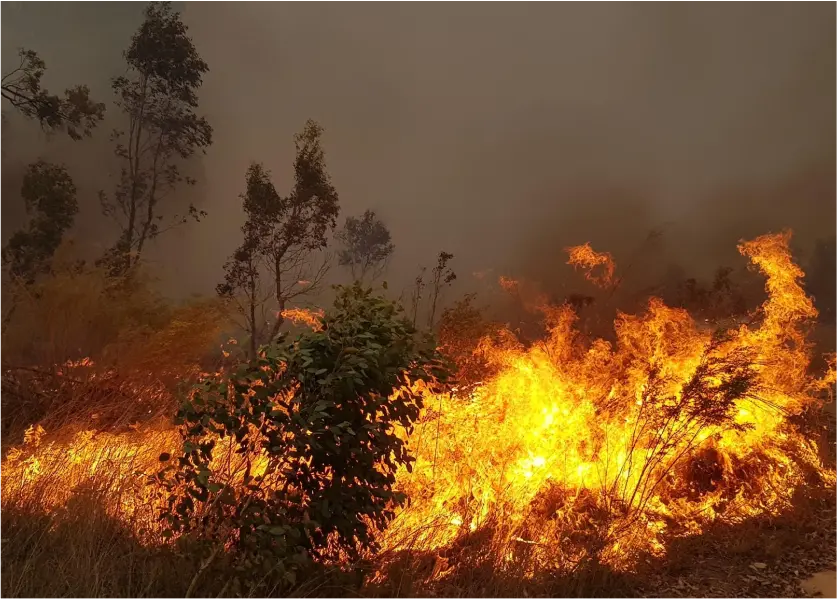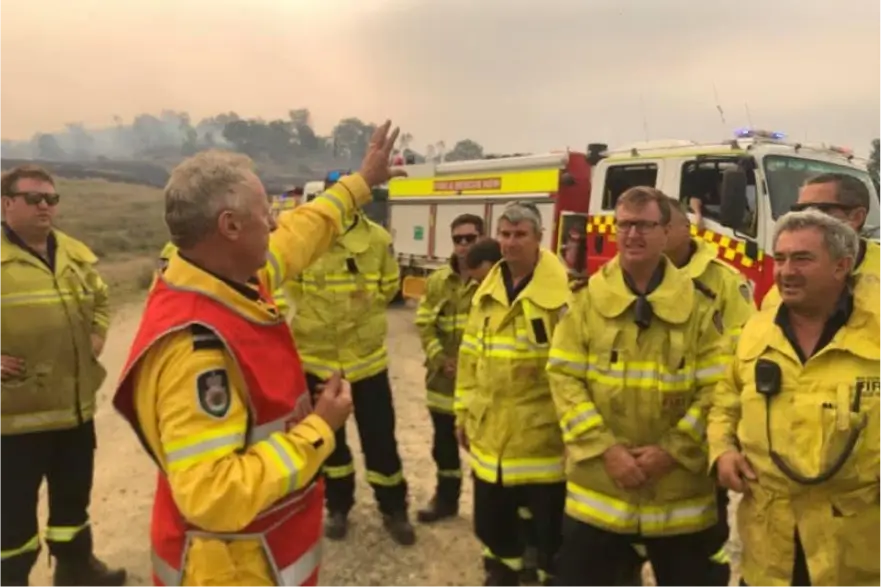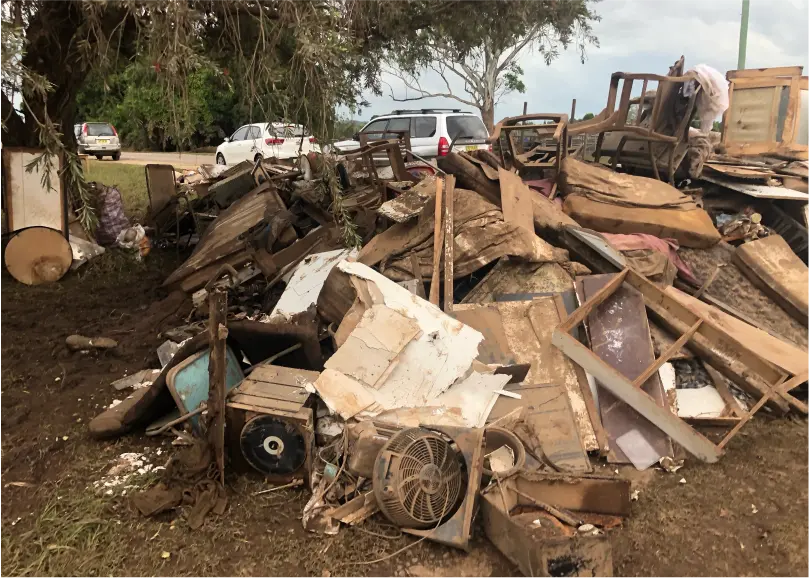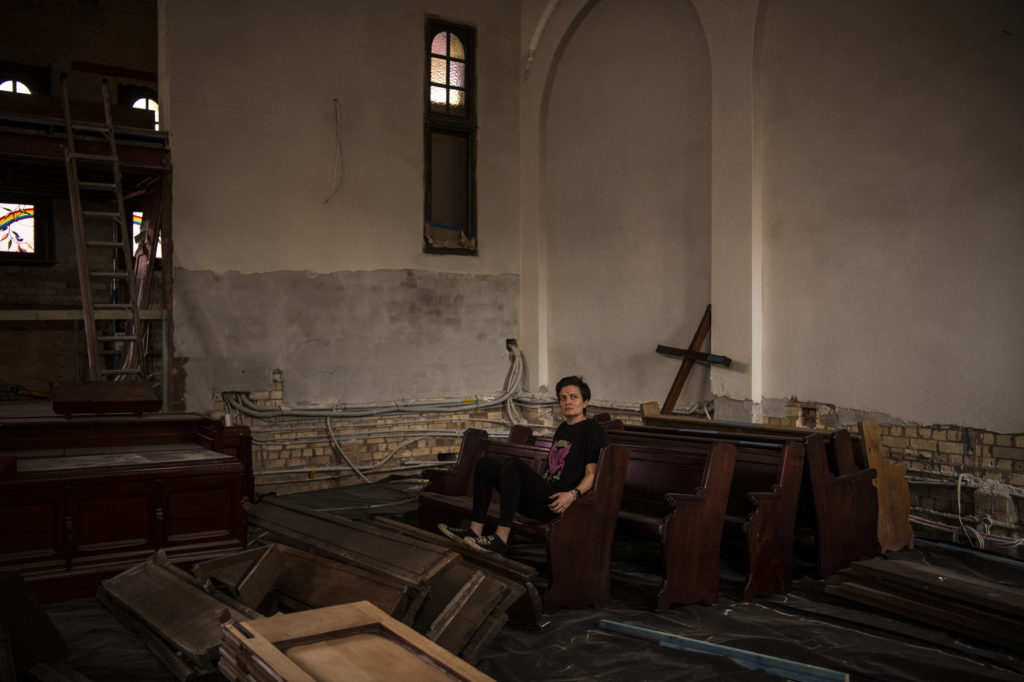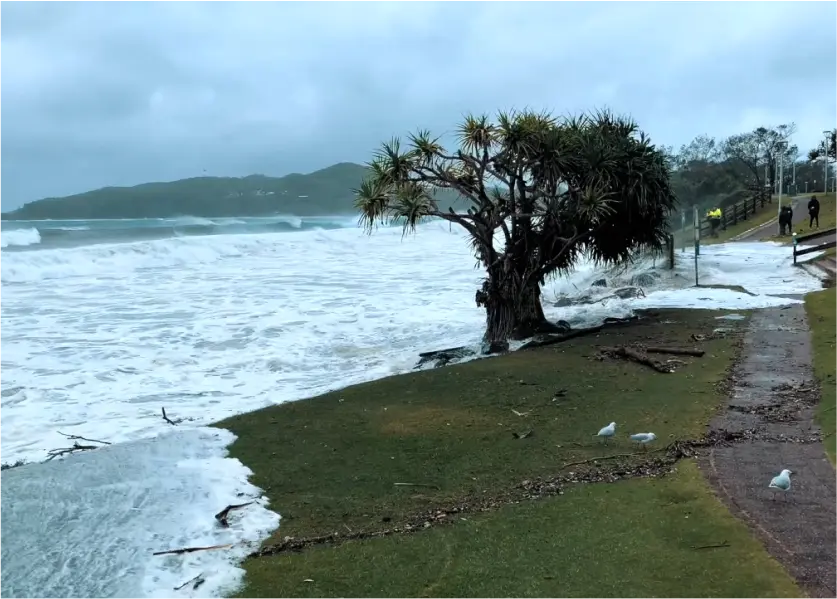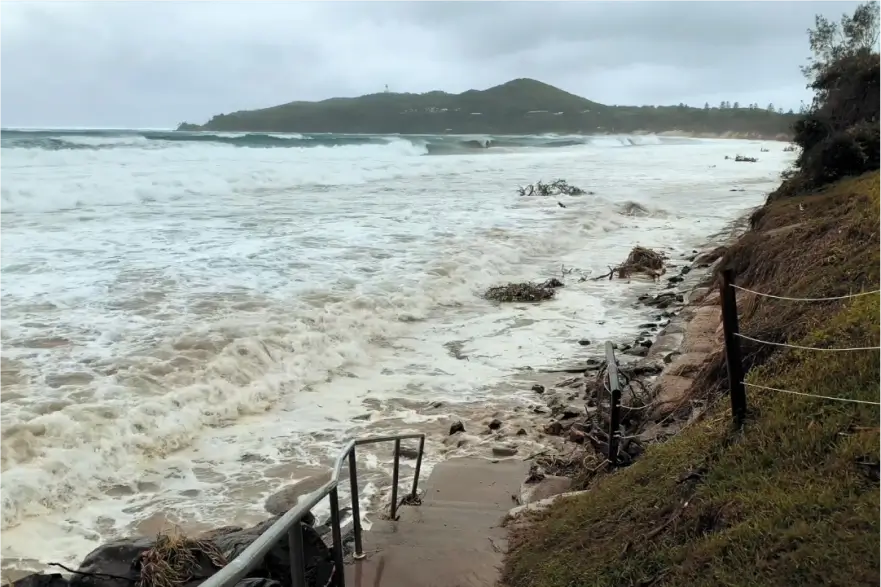Stronger action on climate change is fundamental to our mental wellbeing.
While recent years have seen greater acceptance of the need to adapt to the impacts of climate change, and a number of new policies and funding announcements from different levels of government, far more needs to be done to adequately prepare for the challenges ahead.
Australia should have a clear national framework for adaptation and resilience that puts communities first and ensures greater coordination among different agencies and levels of government. It should have action plans that are grounded in local needs, priorities and strengths while being adequately resourced by Federal and State Governments. It must be underpinned by the best available science and a localised understanding of climate risks. Overall, it demands prioritising investment in resilience, recognising that at present far more is spent on disaster recovery than on building our resilience to disasters.
The Climate Council proposes the development of a single integrated National Climate Change Adaptation and Disaster Resilience Strategy. This would ensure greater coordination and coherence of efforts and avoid duplication. It could form the basis for ambitious action plans to suit different contexts. A unified strategy should include deadlines for implementation and a five-yearly process of review and strengthening. As detailed in the recommendations below, it would require adequate resourcing and build on an improved understanding of local climate risks.


